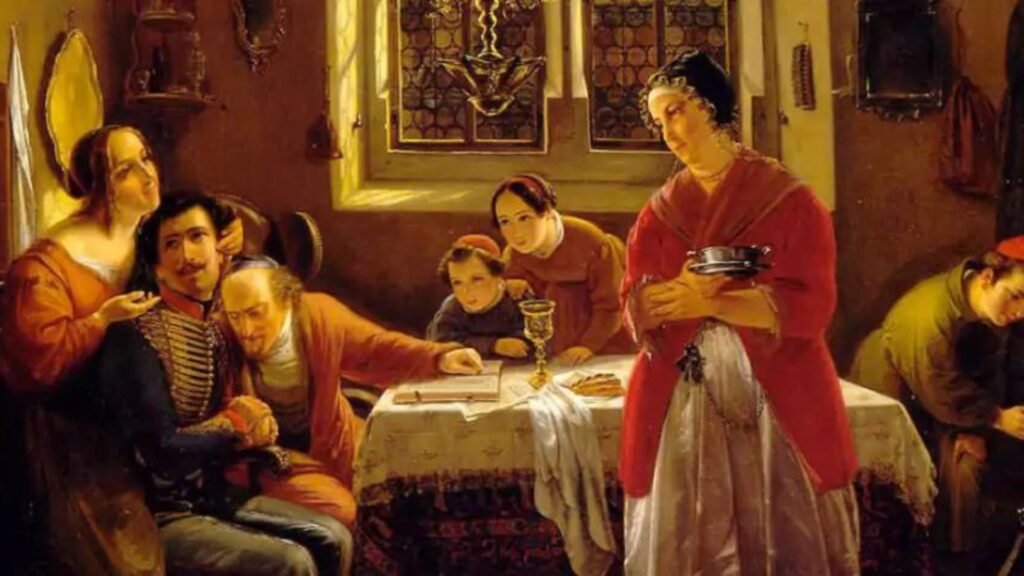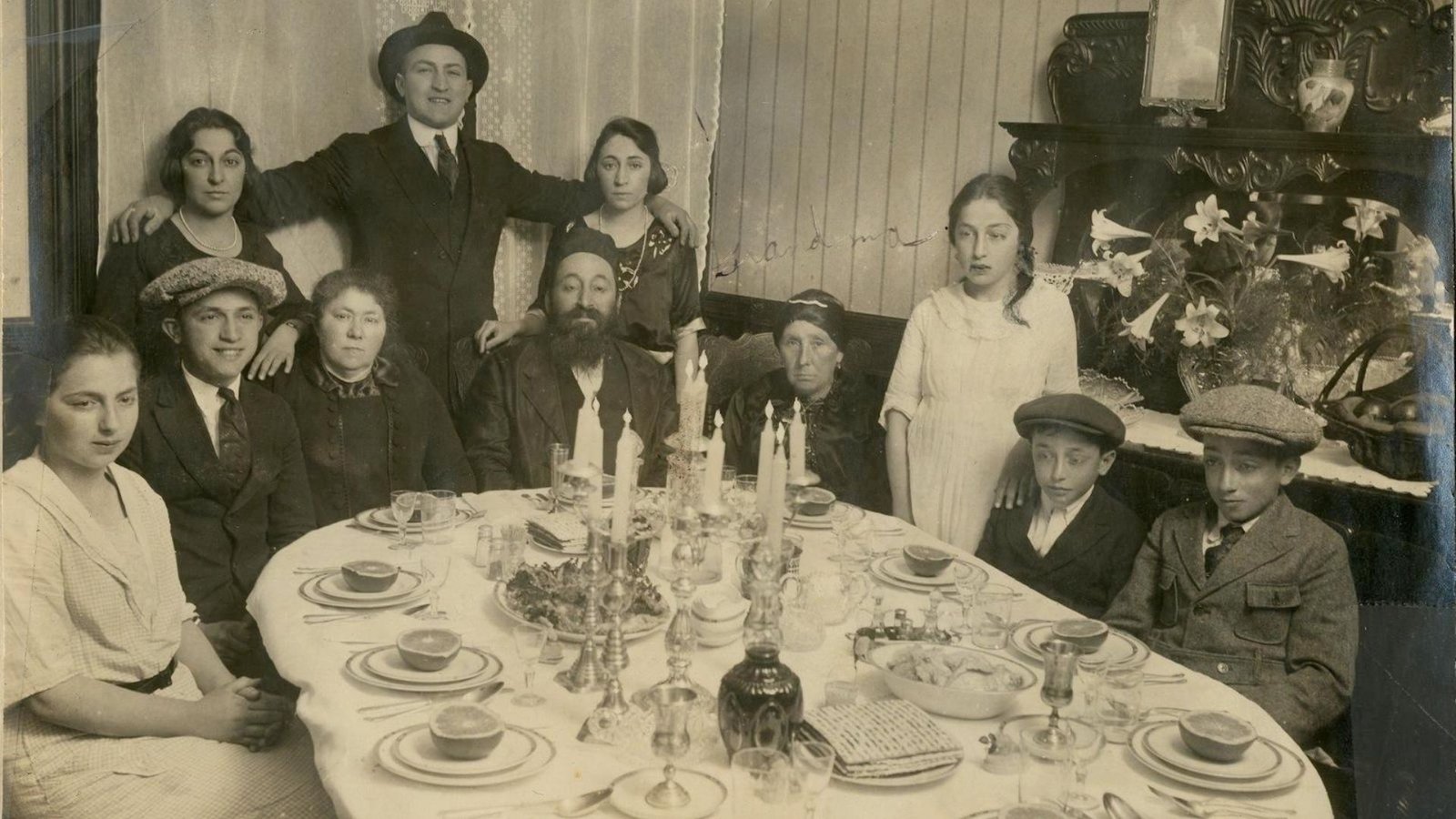Jewish family life plays a crucial role in the transmission of cultural, religious, and historical values from one generation to the next. This transmission is essential for preserving the rich traditions and heritage of the Jewish community. Through various practices, rituals, and everyday interactions, Jewish families ensure that their cultural identity remains vibrant and relevant. This article explores how Jewish family life contributes to cultural transmission, emphasizing the significance of family traditions, religious observance, and communal practices.

Importance of Family Traditions
Celebrating Jewish Holidays
Jewish family traditions are central to the preservation of cultural identity. Celebrating Jewish holidays such as Passover, Hanukkah, and Rosh Hashanah provides an opportunity for families to come together and reinforce their shared heritage. These celebrations often involve traditional foods, rituals, and storytelling, which help instill a sense of belonging and continuity among family members. For instance, the Passover Seder, with its unique customs and symbolic foods, allows families to recount the story of the Exodus and reflect on its significance.
Observing Shabbat
The observance of Shabbat, the weekly day of rest, is another key family tradition in Jewish life. Shabbat provides a structured time for family gatherings, prayer, and reflection. Lighting the Shabbat candles, reciting blessings, and sharing a meal are practices that foster familial bonds and create a space for spiritual growth. By upholding these traditions, families not only honor religious commandments but also pass down important values and customs to their children.
Religious Education and Rituals
Teaching and Learning
Jewish family life involves active engagement in religious education. Parents play a vital role in teaching their children about Jewish beliefs, laws, and practices. This education often begins at an early age, with parents imparting basic knowledge about the Torah, mitzvot (commandments), and Jewish history. By participating in religious rituals and attending synagogue together, families reinforce their connection to Jewish teachings and values.
Celebrating Milestones
Significant life events, such as a child’s Bar or Bat Mitzvah, mark important moments in Jewish family life. These milestones are not only personal achievements but also communal celebrations that highlight the transition from childhood to adulthood. The preparation and celebration of these events involve family and community members, underscoring the collective nature of Jewish identity and the importance of passing on traditions.
The Role of Daily Life and Practices
Integrating Jewish Values
Jewish values and teachings are integrated into daily family life. Practices such as keeping kosher, observing modesty, and prioritizing acts of kindness reflect the application of religious principles in everyday situations. These practices help instill a sense of responsibility and ethical behavior, reinforcing the values that define Jewish identity.
Storytelling and Memory
Storytelling is a powerful tool for transmitting cultural and historical knowledge. Jewish families often share stories about their ancestors, historical events, and personal experiences that reflect their heritage. These stories help preserve the collective memory of the Jewish community and provide a sense of continuity and connection across generations.
Community Involvement
Participating in Jewish Communal Life
Jewish family life is closely linked to participation in communal activities and organizations. Families often engage in community events, volunteer opportunities, and educational programs provided by synagogues and Jewish organizations. This involvement strengthens family bonds and reinforces a sense of belonging within the larger Jewish community.
Building Intergenerational Connections
Maintaining connections between different generations is crucial for cultural transmission. Grandparents, parents, and children often collaborate in religious observance and community activities, creating opportunities for shared experiences and mutual learning. These intergenerational relationships help ensure that cultural traditions and values are passed down effectively.
Conclusion
Jewish family life plays a fundamental role in the transmission of cultural, religious, and historical values. Through traditions, religious education, daily practices, and community involvement, Jewish families preserve their rich heritage and ensure its continuity.




